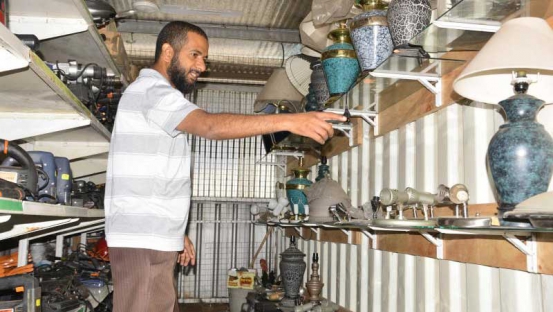×
The Standard e-Paper
Fearless, Trusted News

It is December and that means the long festive season has arrived, but retailers have yet to see the usual upsurge in business normally associated with the long Christmas period.
December shopping has done very little to rescue what may be the worst year for retailers who have observed broke customers pace outside their outlets without buying.